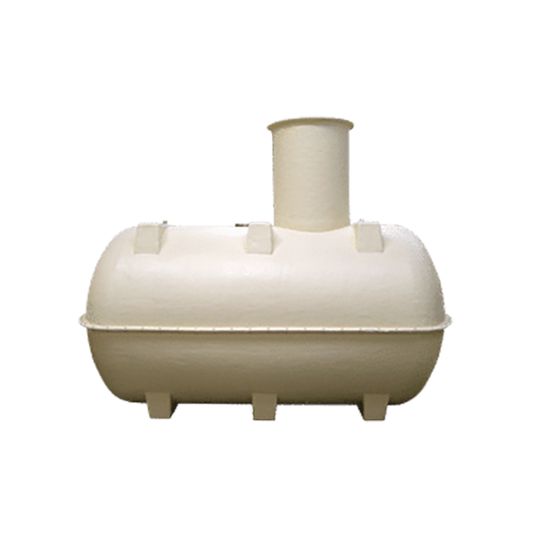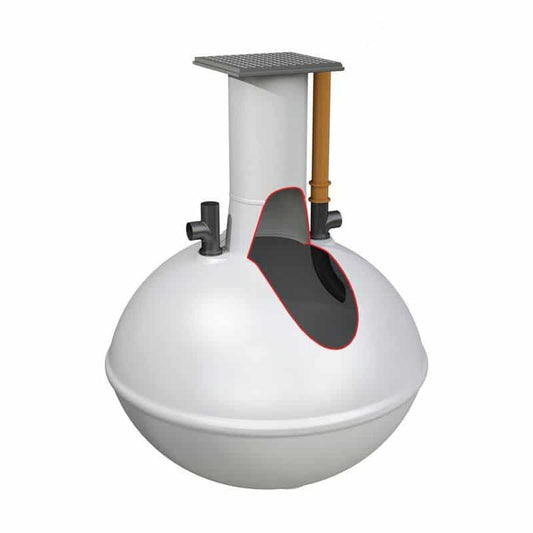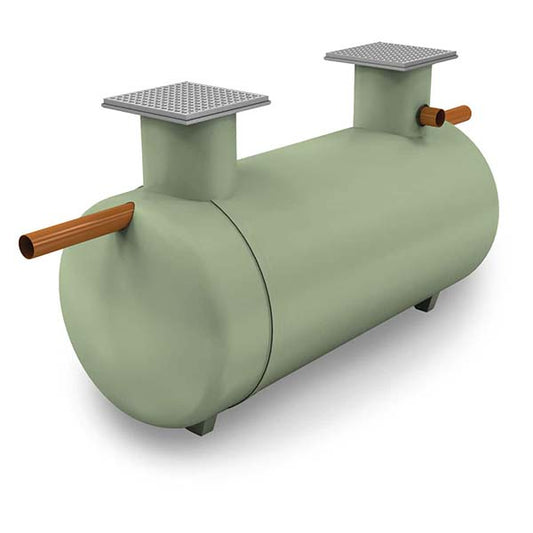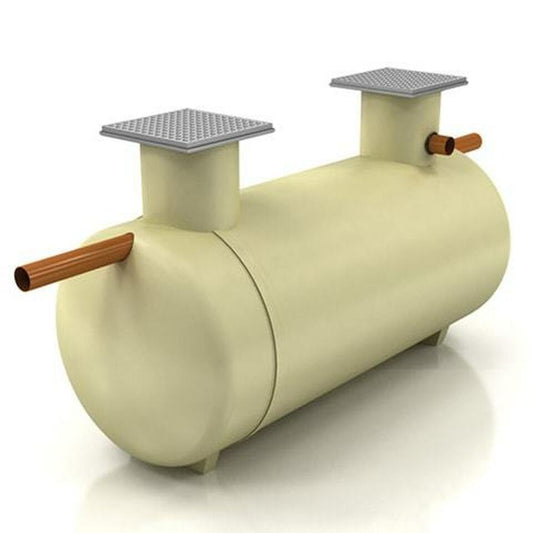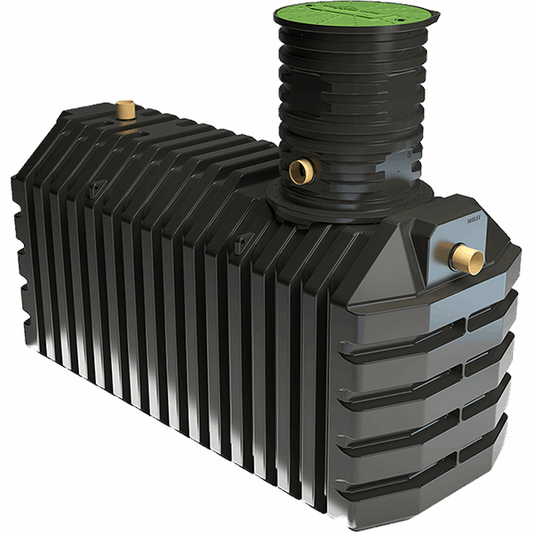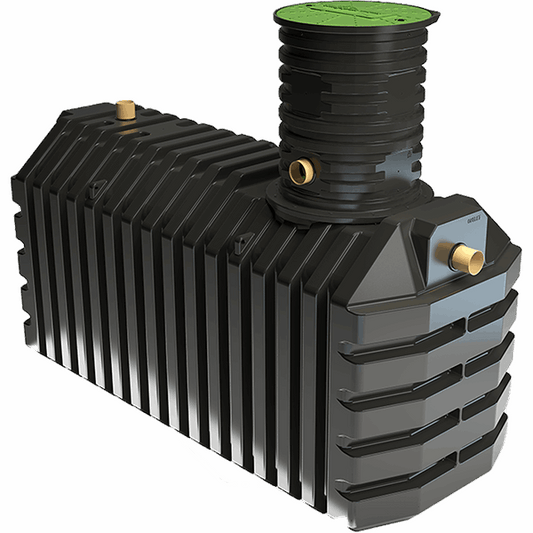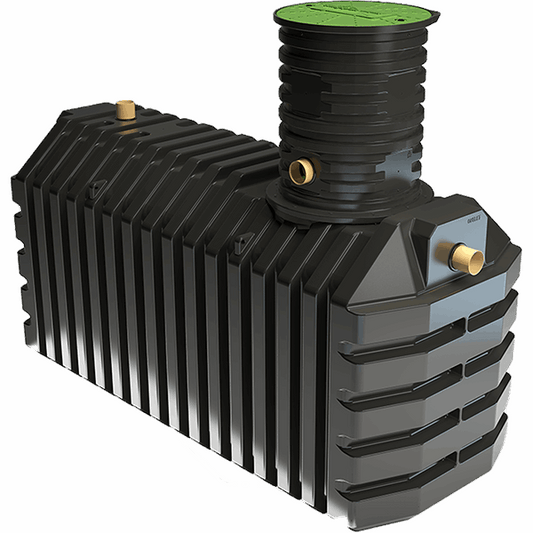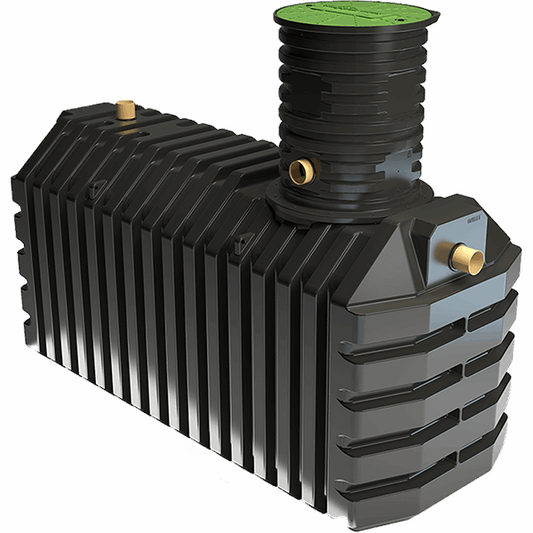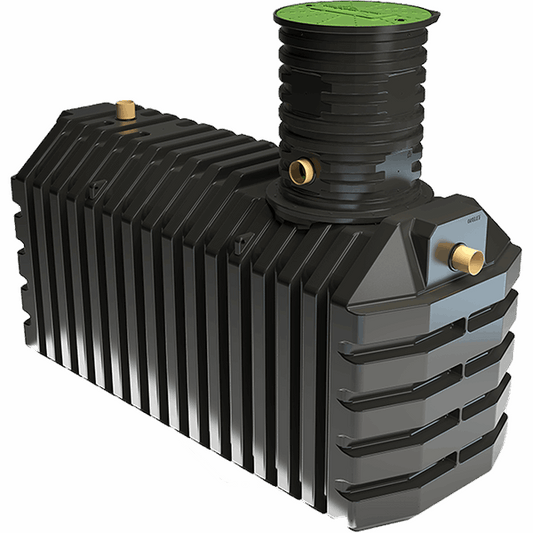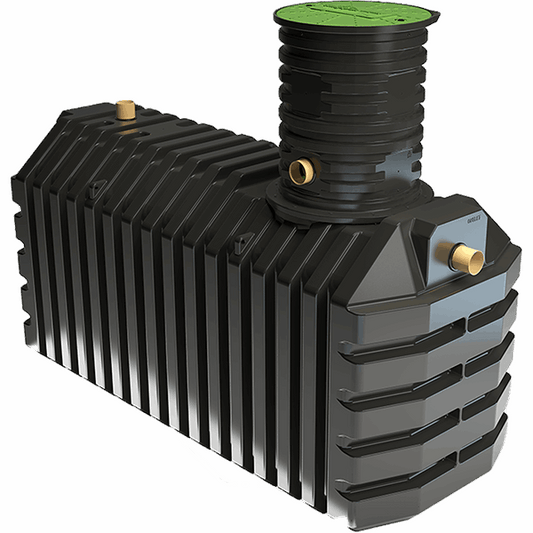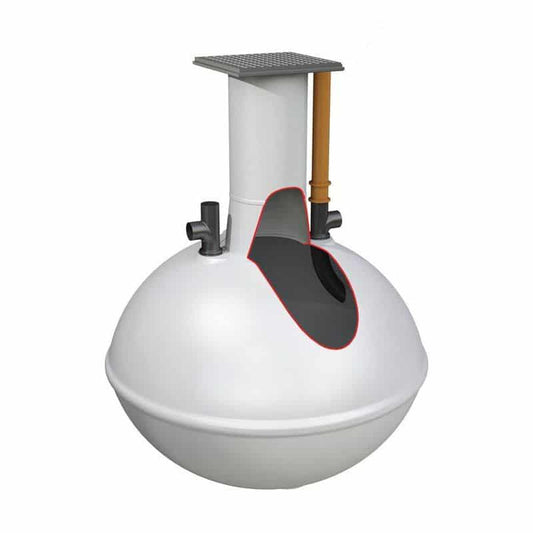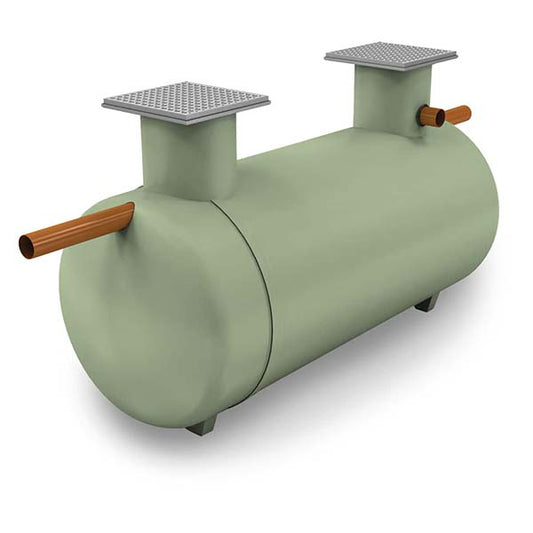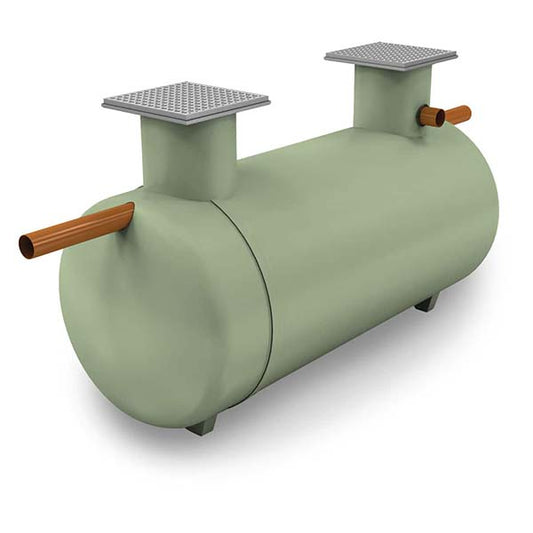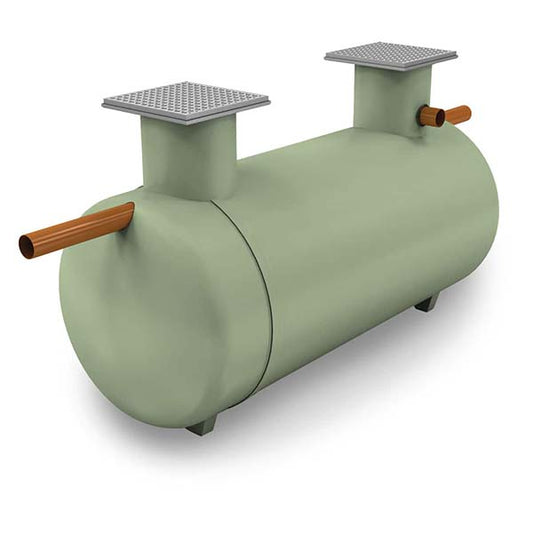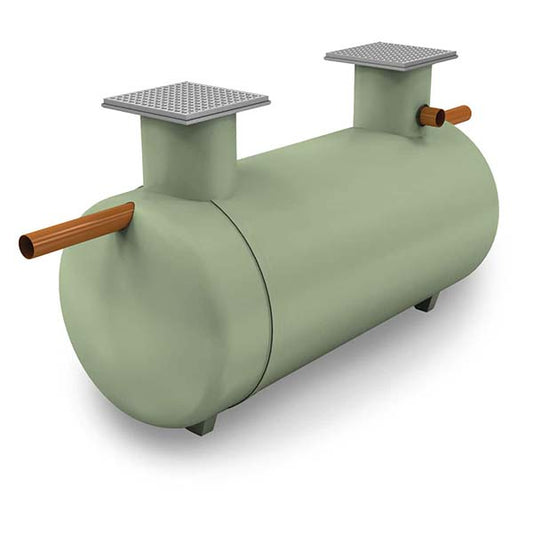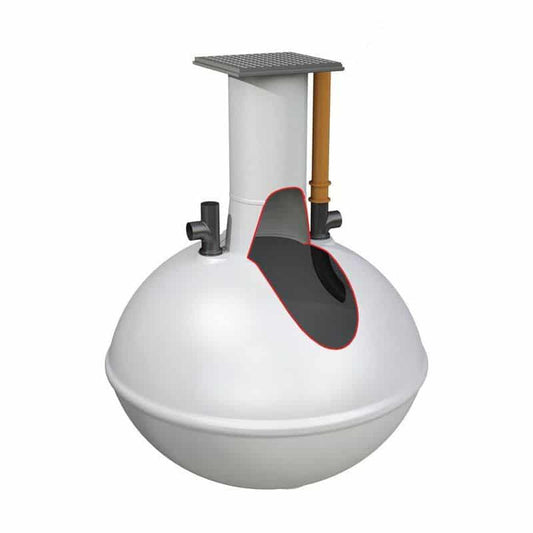Frequently Asked Questions
How do septic tanks work?
The purpose of a septic tank is to treat wastewater from your property, which is not usually connected to the public wastewater system. Wastewater enters the septic tank via an inlet pipe and bacteria breaks it down into 3 layers: solids (sludge) at the bottom of the tank, wastewater in the middle, and grease and oil on the top. The wastewater exits the tank via the outlet pipe into the drainage field or soakaway where it settles onto the soil and filters downwards. The soil naturally treats and disperses the water. The sludge has to be removed regularly to enable the tank to function effectively, preventing build-ups and blockages.
How often do septic tanks need emptying?
As a general rule of thumb, septic tanks need desludging once a year. However, this can vary depending on the tank size, usage and how many people live at the property. A brilliant way to determine whether your septic tank needs emptying is to check that the discharge from the outlet pipe is a light grey colour. If the liquid is dark or includes solid materials, this implies that your septic tank needs desludging sooner rather than later. By having your septic tank emptied regularly, you can trust that sludge will be removed from the bottom of your tank, and it will perform properly. For tips and advice on emptying your septic tank, get in touch with the team at Cotterill Civils.
What are the benefits of installing a septic tank?
Installing a septic tank can be extremely beneficial for you, your business and the environment. For example, when you install one of these sewage treatment systems, you won’t be required to pay the local waterboard to connect to the sewer network. This makes septic tanks a cost-efficient investment for properties in areas where drainage is poor. Using a septic tank ensures that waste isn’t transferred back into the local watercourse. Instead, the water percolates into the soil, usually via a soakaway. As the waste doesn’t enter the sewer system, septic tanks create less pollution which also helps to lower your carbon footprint. Another great thing about installing a septic tank at home is that it encourages you to use your drainage system effectively – ensuring no unwanted items are flushed down the toilet or sink. This ultimately prevents drainage problems from arising further down the line. To find out more about the advantages of our septic tanks, give us a call on 0121 351 3230. We’re on hand Monday to Friday from 8am till 5pm.
What substances should be kept out of the septic tank system?
Items such as nappies, sanitary towels and baby wipes can quickly clog septic tanks, so it’s worth disposing of these with your rubbish rather than flushing them. Harsh detergents and bleaches can affect how natural digestive enzymes work – eventually leading to nasty odours. On top of this, we recommend that you avoid pouring fat, oil or grease down the sink. This is because they can build up in the drainpipes and septic tank, or flow through to the drainage field and clog the soil. Taking good care of your septic tank will ensure it lasts longer and you receive maximum value for your money. If you’re unsure which substances you should avoid putting into your system, feel free to get in touch with our specialists.





